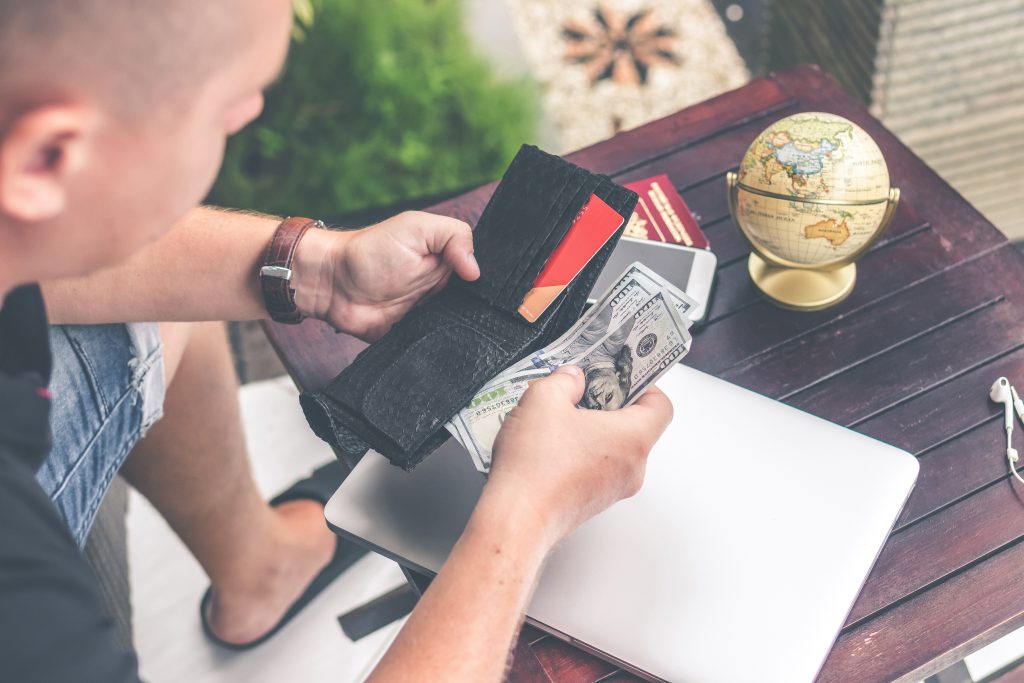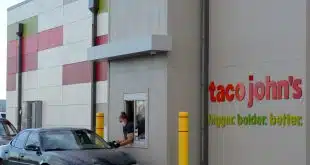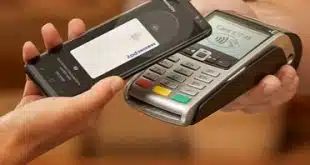Cash is fighting an uphill battle to remain a payment option during the novel coronavirus pandemic. Over the past week, a number of toll-highway and bridge authorities have ceased accepting cash to limit the spread of the highly infectious disease.
According to local press reports, the Pennsylvania Turnpike, the Illinois Tollway, and the Central Florida Expressway Authority have ceased accepting cash for the time being. The Port Authority of New York and New Jersey announced Sunday that cash collection has been suspended temporarily at three busy Hudson River crossings, the George Washington Bridge and the Lincoln and Holland tunnels. The Mackinac Bridge Authority, operator of the five-mile-long toll bridge connecting Michigan’s upper and lower peninsulas, also has stopped taking cash.

In Illinois, the tollway authority has closed its cash-accepting booths. Drivers who don’t use the tollway’s I-Pass transponder or the multi-state E-ZPass transponder system can pay online on the tollway’s site by looking up the plaza number or milepost of the toll booth, and they can also pay missed tolls by looking up their license plate number captured by toll-booth cameras.
The Central Florida Expressway Authority on Thursday also suspended cash acceptance and switched to a license-plate-based collection system called “Plate by Plate” in which it will mail bills to vehicle owners.
Other toll roads such as the Ohio Turnpike are still accepting cash, but the Ohio Turnpike Commission has asked drivers to use E-ZPass or credit cards if they can, and its cash-handling toll-booth workers are wearing gloves, the Kent Record-Courier said.
Debate about whether cash can help transmit the coronavirus, or Covid-19, has raged ever since the virus first broke out in central China and spread around the world early this year. China’s central bank cleaned and even destroyed potentially infected cash, CNN reported.
In the United States, the Centers for Disease Control and Prevention has issued guidance for commercial establishments to practice good hygiene in part by promoting tap-and-pay contactless payments “to limit handling of cash.”
But up north, the Bank of Canada, the country’s central bank, last week asked retailers to keep accepting cash to ensure consumers can buy the products and services they need. “The risks posed from handling Canadian bank notes are no greater than those posed by touching other common surfaces such as doorknobs, kitchen counters, and handrails,” the bank said in a news release. “Canadians handling cash should follow the public-health guidelines on Covid-19 and wash their hands as they would do for other activities.”
Meanwhile, the ATM Industry Association said the U.S. Department of Homeland Security has included ATMs on its list of “essential critical infrastructure.” The Sioux Falls, S.D.-based trade group, whose core membership is independent ATM deployers, said in a Saturday press release that some ATMs have become inaccessible in recent days because of the closure of bank branches, restaurants, and stores, but “for all those locations that remain open and accessible, independent operators are committed to making certain that their ATMs have cash available and are functioning properly. Even in normal times, cash remains a preferred payment method for most consumers—and should always be an option that they can choose.”




